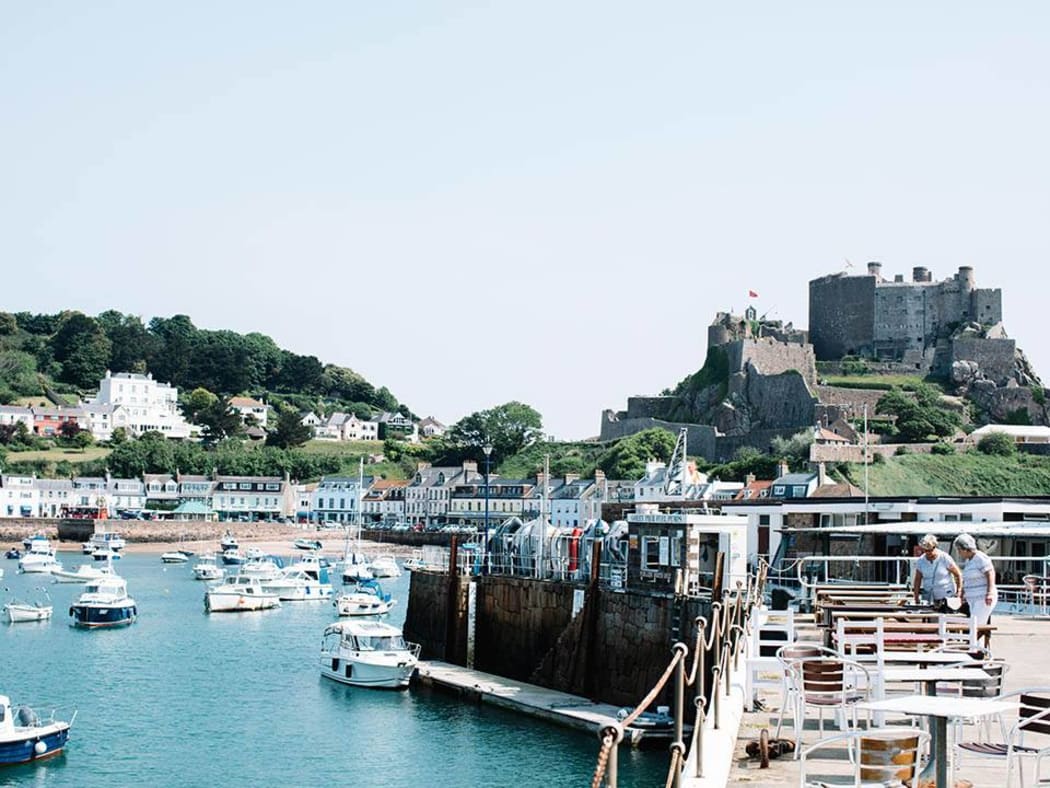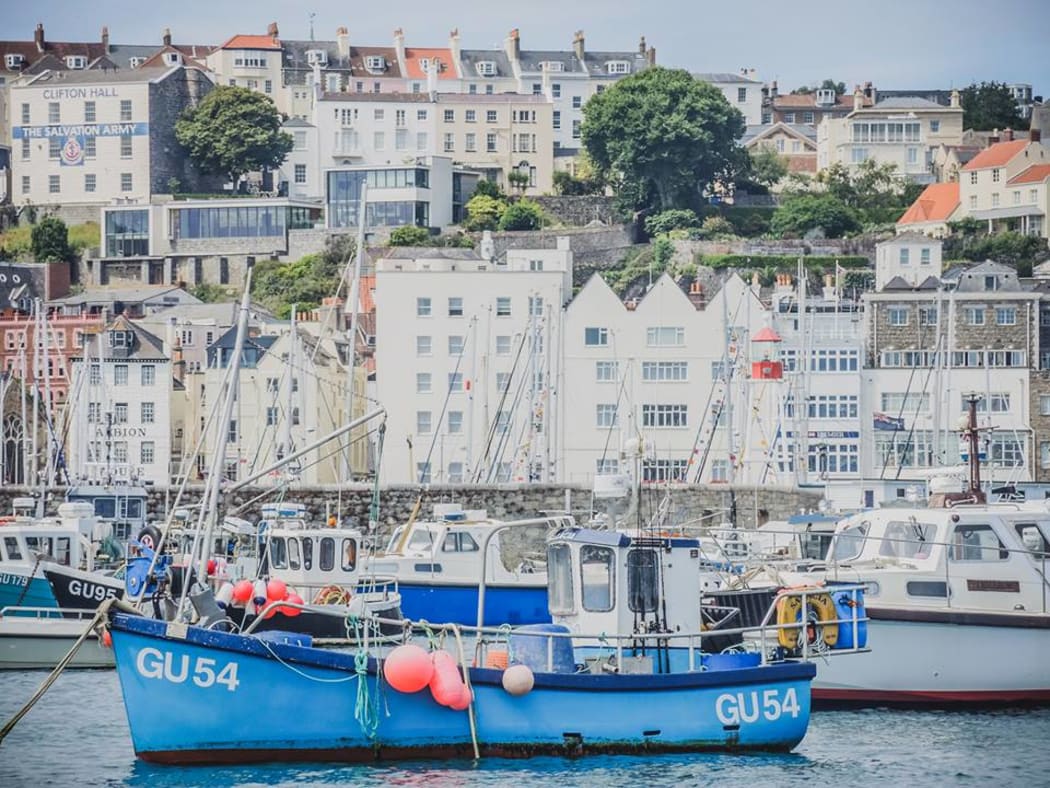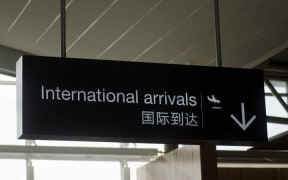Backpackers from the British Channel Islands and the Isle of Man are being turned down for New Zealand working holiday visas due to a bureaucratic "anomaly".
Jersey, Guernsey, and Isle of Man residents - who generally hold British passports - are not being accepted for the popular working holiday scheme for people aged 18-30.

Immigration New Zealand has processed 23,112 applications from UK working holiday applicants since 2016. Photo: 123RF
The UK Home Office and Immigration New Zealand have been contacted by the governments of Jersey and Guernsey islands, which lie off the coast of Normandy, France.
The president of the Guernsey Committee for Home Affairs, Deputy Mary Lowe, said the Guernsey Border Agency was aware of the visa denials affecting islanders from Jersey but, so far, no Guernsey residents had been in touch with the agency about denials.

The harbour village of Gorey in Jersey and its 13th century castle Mont Orgueil. Photo: Facebook / Visit Jersey
"The Guernsey Border Agency is aware that a small number of Jersey residents have had New Zealand working holiday visa applications turned down, and that the matter is now being looked into by Jersey Customs and Immigration together with their colleagues in the UK Home Office.''

Guernsey is a British Crown dependency, off the coast of France. Photo: Guernsey Image Project
A spokesman from the States of Jersey said the island's immigration service had fielded recent inquiries from residents who wanted to use the working holiday scheme.
"The service has been advised by the New Zealand authorities that the scheme is only available to British citizens who are ordinarily resident in the UK.
"The Crown Dependencies and British Overseas Territories are not part of the UK. We have been in touch with our colleagues in the UK for clarification."
New Zealand's working holiday scheme was introduced in 1997. It is not is not clear how long the difference in status between UK residents and those on the islands has been affecting applicants.
Immigration New Zealand said the reason applicants were turned down for visas was the anomalous status of the Channel Islands and the Isle of Man, which are Crown dependencies with their own legislative assemblies, courts, and tax systems.
They do not form part of the United Kingdom and are not represented in the UK parliament. However, residents can obtain British passports and they are afforded many of the same rights as UK citizens.
The UK is responsible for the Crown dependencies, which have a complicated and, in some cases, centuries-old constitutional status. Guernsey, for example, separated from the Duchy of Normandy in the 13th century.
Guernsey and Jersey are 'bailiwicks' - a legal term dating back to the medieval era in which royal households appointed representatives, or bailiffs.
The Crown, acting via the Privy Council, is ultimately responsible for the islands.
A spokeswoman for Immigration New Zealand said it was not possible to say how many applicants from Crown dependencies had applied and been turned down.
Since January 2016, Immigration New Zealand had processed 23,112 applications for UK working holiday visas.
Eligibility depended on whether applicants were British citizens and resident in the UK, she said.
"Someone permanently living outside of the United Kingdom is not ordinarily eligible. There is no right of refund for applications that have been correctly assessed."
If an applicant with British citizenship from the Channel Islands or the Isle of Man had applied and been declined in the last 12 months because they were not deemed residents of the UK, then Immigration was willing to waive a visa fee to enable applicants to have their circumstances reviewed, she said.
Immigration New Zealand assistant general manager visa services Peter Elms said applicants must have British citizenship and be "ordinarily resident" in the UK for a minimum of two years before applying for a working holiday visa.
Policy was unchanged and there had been no significant changes to the working holiday scheme since its introduction in 1997, he said.
"However the fact that some applicants living on the Channel Islands/Isle Of Man have recently been declined a UK working holiday scheme visa, despite meeting all other criteria, has highlighted an anomaly in our practice.
"Immigration New Zealand will be reviewing the process and corresponding communications," he said.






